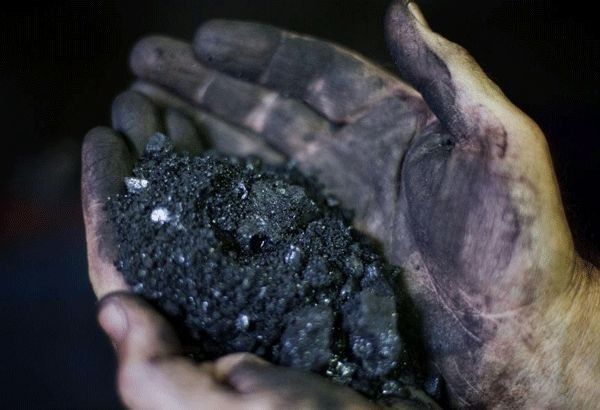Philippine report proposes more efforts to further boost EITI implementation

MANILA, Philippines — More work must be done to further boost efforts to fight corruption in managing revenues from oil, gas and mineral extraction in the Philippines, a multi-stakeholder group said in a report released Wednesday.
In its fourth country report covering fiscal years 2015 and 2016, the Philippine-Extractive Industries Transparency Initiative, or PH-EITI, said transparency objectives were again achieved on the ground and key areas for development were raised to stakeholders for awareness and action.
The fourth PH-EITI report concluded with 82 percent representation for metallic mining, oil and gas, and coal for 2015 and 2016, which is lower than that the previous report’s 87 percent.
While non-metallic mining projects are included for the first time in the latest report, small-scale metallic mining is still yet to be included and will continue to be evaluated for inclusion in the succeeding report, the PH-EITI said.
“While there have been steps taken to improve the reporting processes and further strengthen the clarity in disclosing revenue collections of the government, there is still room to expand the horizon and move beyond compliance and transparency,” the PH-EITI said.
EITI is an international multi-stakeholder group that sets global standards for transparency in extractive industry payments and receipts.
On the local front, the PH-EITI Multi-Stakeholder Group provides a platform for business and civil society stakeholders to engage government in the implementation of EITI in the Philippines.
Following a series of validations, the Philippines last year was hailed as the first country to exceed the EITI’s standard for its effective regulation in compelling extractive industries to disclose all payments made to government.
READ: Philippines first to meet global standards in extractive sector
Although the mining sector contributes less than 1 percent to the country’s economy, the Philippines is the world’s top producer of nickel ore and also among the biggest suppliers of copper and gold.
But the PH-EITI said there are still some areas that need improvements, including the National Commission on Indigenous Peoples’ “struggle” with gathering data on royalty paid by mining companies operating within ancestral domains.
The NCIP is tasked only to monitor royalties for IPs, not to collect on their behalf. Thus, royalty for IPs is considered as “other taxes” and not a revenue stream of the government.
“NCIP reported significantly lower royalty for IPs compared to the total company amount due to the unavailability of information at the central office,” the PH-EITI said.
“The national office of NCIP should institute policies and programs to monitor royalty for IPs paid by mining companies,” it added. “These policies and procedures should also encompass tracking of the projects and programs paid for by these royalties.”
To better enforce the EITI here, among the PH-EITI’s proposals was for other industry players to be encouraged to join the PH-EITI Multi-Stakeholder Group to further consider their views in key decisions and resolutions.
A “prioritization plan” containing crucial efforts to “move forward with transparency” must also be crafted and shared to all stakeholders to ensure completion within an agreed timeline.
The Philippines will again be revalidated by the EITI in 2020.
- Latest
- Trending






























